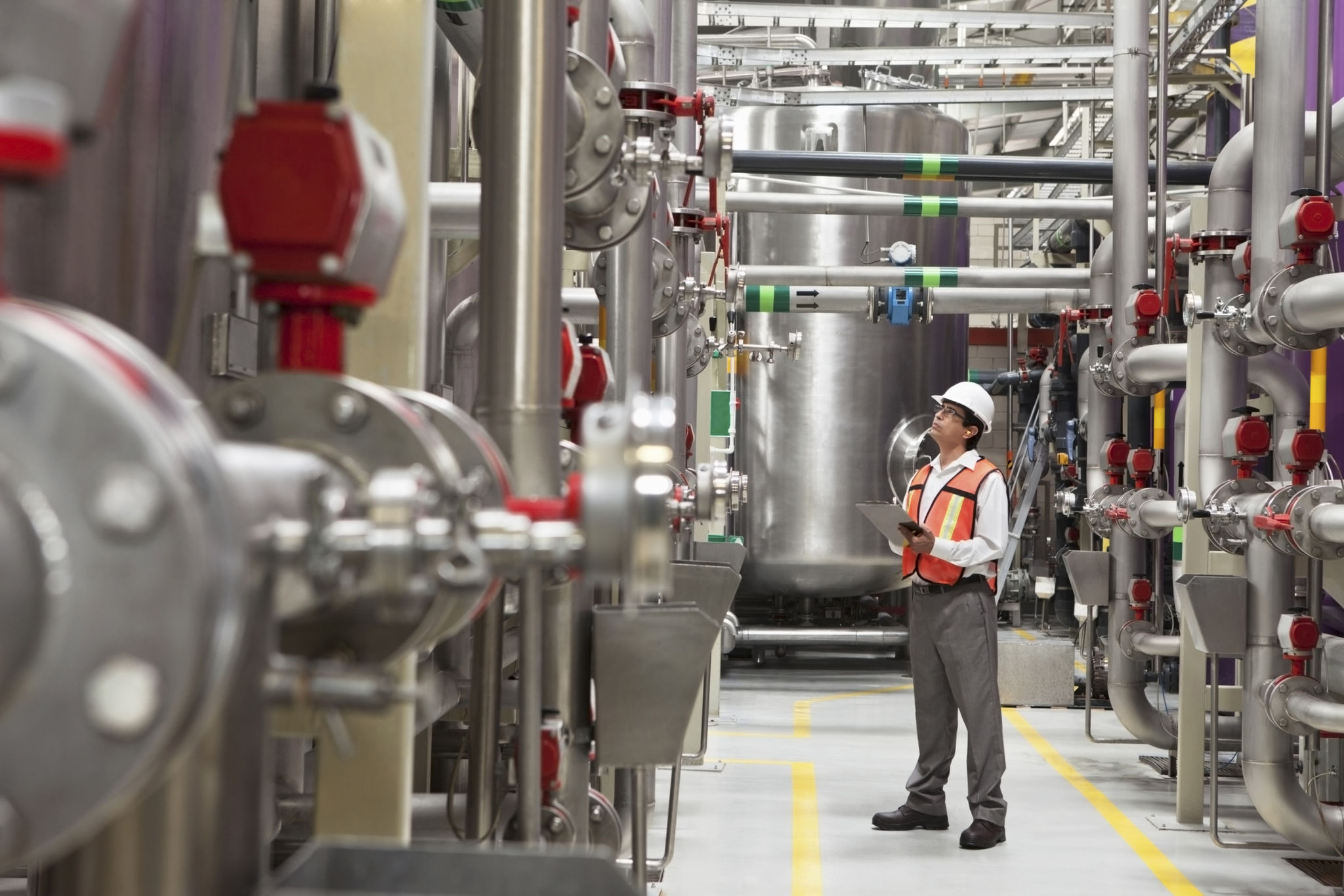Expert Advice on Choosing the Right Industrial Compressor for Your Business
Understanding the Basics of Industrial Compressors
Industrial compressors are vital components in various industries, providing the necessary pressure to power machinery and tools. Selecting the right compressor can significantly impact your business's efficiency and operational costs. With various types available, making an informed decision requires a clear understanding of your specific needs and the technology available.

There are two primary types of industrial compressors: positive displacement and dynamic. Positive displacement compressors, such as rotary screw and reciprocating compressors, work by trapping air in a chamber and reducing its volume. In contrast, dynamic compressors, including centrifugal compressors, increase air velocity and convert it into pressure. Understanding these differences is crucial in determining which type suits your business best.
Assessing Your Business Needs
Before choosing an industrial compressor, assess your business's specific requirements. Consider factors such as the volume of air needed, pressure requirements, and the environment in which the compressor will operate. It's important to determine whether you need continuous or intermittent airflow and how fluctuations in demand might affect your choice.
Another critical aspect to consider is energy efficiency. Compressors can be energy-intensive, so selecting a model that balances performance with energy consumption can lead to significant cost savings over time. Look for models with energy-saving features such as variable speed drives (VSD) that adjust the compressor's speed according to demand.

Choosing the Right Size and Capacity
Size and capacity are crucial factors in selecting an industrial compressor. A compressor that is too small may not meet your air demand, leading to equipment strain and increased maintenance. Conversely, an oversized compressor can lead to unnecessary energy consumption and higher operational costs.
Calculate your air demand by considering all the tools and machinery that will be using compressed air. It's also wise to allow for future expansion, ensuring that your compressor can handle increased demand as your business grows.
Maintenance and Reliability Considerations
The reliability of a compressor is essential to avoid unexpected downtime that can disrupt operations. Choose a model known for its durability and ease of maintenance. Regular maintenance, such as checking oil levels, replacing filters, and inspecting belts, can extend the lifespan of your compressor and ensure it operates efficiently.

Additionally, consider the availability of spare parts and technical support from the manufacturer or supplier. Reliable customer service can be invaluable in addressing issues quickly and minimizing downtime.
Evaluating Costs and Return on Investment
The initial cost of an industrial compressor is only one part of the equation. Consider the total cost of ownership, which includes maintenance expenses, energy consumption, and potential downtime costs. A more expensive model with better energy efficiency and lower maintenance needs might offer a better return on investment in the long run.
Investing in a high-quality compressor can also enhance productivity by ensuring more consistent performance and reducing the risk of breakdowns. When evaluating options, weigh both short-term costs and long-term benefits to make a well-informed decision.
Conclusion
Selecting the right industrial compressor requires careful consideration of your business's unique needs and future growth plans. By understanding the types of compressors available, assessing your specific requirements, and evaluating factors such as size, capacity, and cost, you can make an informed choice that supports your operational goals. Remember, investing time in research and consultation with experts can pay dividends in enhanced efficiency and reduced operational costs.
